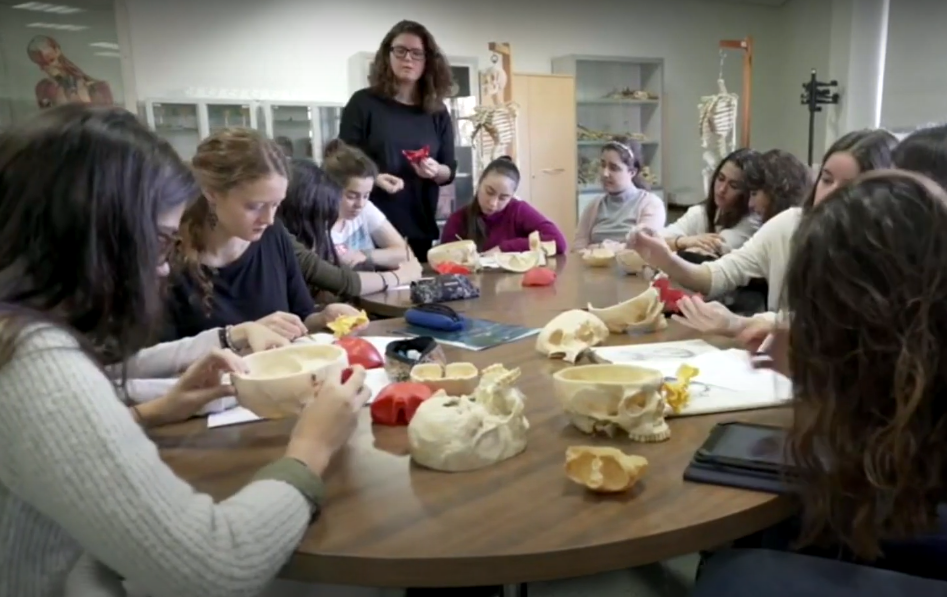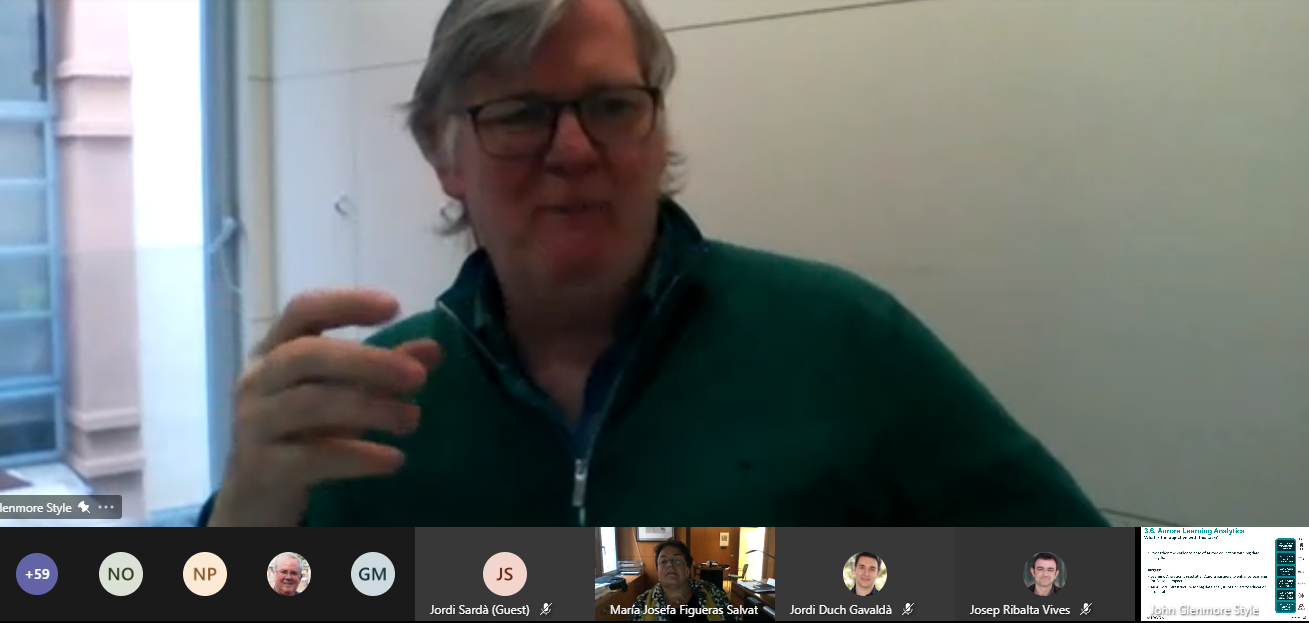23/10/2020
URV students will be able to graduate with experience in different countries
The URV forms part of the Aurora Alliance, the interuniversity campus consisting of nine countries who promote social entrepreneurs

The URV forms part of the Aurora Alliance, the interuniversity campus consisting of nine countries who promote social entrepreneurs
It is now three months since the Universitat Rovira i Virgili started working on the multi-campus Aurora Alliance project after the European Commission (CE) chose it to be one of the 41 university alliances that will be created between now and 2024 in the European Union. This action by the EC aims in the long term to ensure that students obtain a qualification after studying in various countries whilst also contributing to the international competitiveness of universities.
Specifically, the objective of the EC’s “European Universities” programme is for the universities involved to have an integrated strategy for teaching, with close links to research and social innovation, for them to act as one interuniversity campus that offers courses that enable students, administrative staff and teaching staff to undertake study visits at all levels, and for them to generate European teams for knowledge creation that take a multidisciplinary approach to social challenges.
One of these “European Universities” is the Aurora Alliance, consisting of the URV and eight other universities, namely the Vrije Universiteit Amsterdam (the Netherlands); Háskóli Íslands (Iceland), Universität Duisburg-Essen (Germany), Universität Innsbruck (Austria), Università degli Studi Di Napoli Federico II (Italy), Univerzita Palackého v Olomouci (Czech Republic), Handelshøjskolen i København (Denamark), and the University of East Anglia (United Kingdom).
The distinctive features of the three-year joint project are the “emphasis on student participation and social engagement”, explained Rector María José Figueras. For this reason students will be trained to develop the skills and attitudes of “social entrepreneurs” and teaching innovation and research will be promoted and in four key areas: sustainability and climate change; digital society and global citizenship; health and wellbeing; and culture, diversity and identity.
In a presentation given to the university community on 22 October, the project leaders explained how these objectives will be achieved and how both students and staff will be able to participate and benefit.

International experience and social engagement of students
The Aurora Alliance universities are working to implement a common framework that, through teaching, equips students with the skills they need to become entrepreneurs and social innovators to deal with the challenges facing society. One example, which has been implemented at the URV for several years now, is to promote “even further the Learning Service experience” whilst “taking advantage of the network’s international contacts so that students can enjoy the experience in other countries and obtain the same level of academic recognition”, explained the Vice-Rector for Internationalisation, John Style. Efforts are also underway to enable students to carry out international internships and there will be summer courses for 180 student in this area.
In fact, URV students are invited to join groups to discuss how the Aurora Alliance’s teaching projects are implemented, they simply have to send an email to vicerectorat@urv.cat.
However, not all the 260,000 students at the 9 universities of the Aurora Alliance will be able to carry out mobility visits abroad, and so formulas are being sought to allow students to have an “international experience without physical mobility”, explained Jordi Duch, who leads the digital world and global citizenship project at the URV. Among other things, a platform of open educational resources with a thousand learning units will be created and shared by all the universities.
For an international experience it is essential that students know the languages of the host countries, for this reason the network proposes that all students should have knowledge of at least two European languages, and games and applications will be developed to improve linguistic skills.
Student will also be able to share services, that is, a URV student will be able to access the services offered by the other universities in the alliance. For this reason information systems will be integrated so that students can use their student cards from their own universities to access services at their host universities.
Academic collaboration
The Aurora Alliance aims for there to be a transfer between research and teaching by encouraging researchers to collaborate on the consortium’s four principal areas and that at least 180 should participate in joint events, that 54 should present papers at universities in the alliance, and that 72 should be members of doctoral examination panels.
Reducing the campuses’ carbon footprint
The planned actions will also bring improvements to the participating campuses: “it is a chance to rethink how we do things, to make the university community more socially engaged and to get campuses to achieve sustainability in all areas”, explained Susana Borràs, head of the URV’s sustainable and climate change project. The aim is to improve the efficiency of equipment and to reduce the carbon footprint to zero by sharing best practices between the universities.
More news about: Sustainable Development Goals
